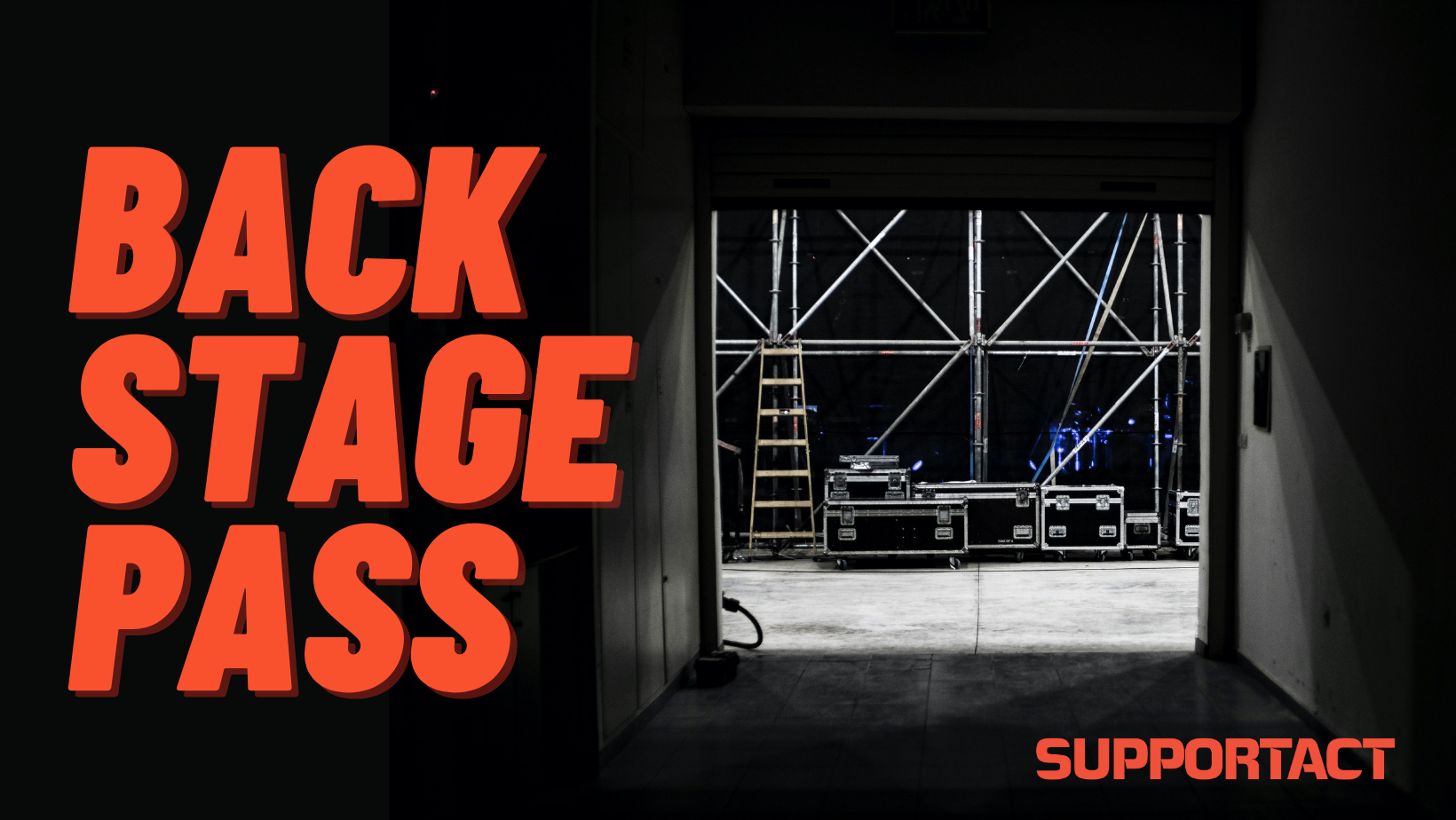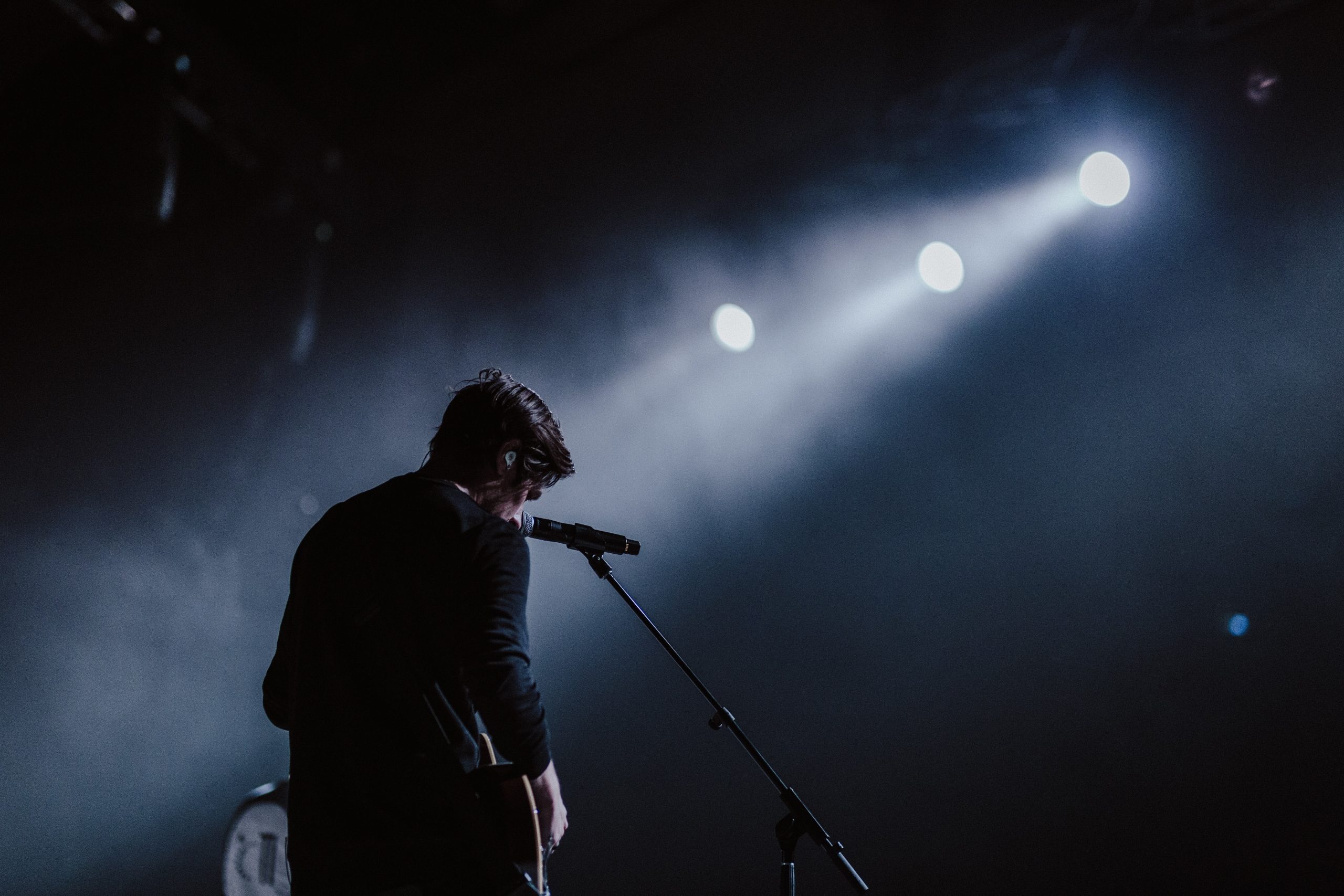Musician and composer Samar Uraizee moved from India to Australia to study “Black American Improvised Music or ‘Jazz and Improvisation’ ” and found themselves in a predominantly white space, navigating fitting in while maintaining their sense of self and the integrity of their artistic practice rooted in traditional Indian music. A complex space to contend with – both for their mental health and for the music they create.
Then – they stumbled on a new way to think about community and mentorship that held some answers. It was transformative.
“A post-colonial model of mentorship, I’d argue, radically underpins a long collaborative journey that we share with our mentors, rooted in trust, vulnerability, and support. As my luck would have it, Naarm heard my calls, and I found mine.
Mentorship has been transformative to my sense of belonging, my health and my Work.”
I think a lot about the value of a post-colonial sensibility to mentorship, mental health and artmaking.
Embedded in the practice of music, in most subcontinental cultural frameworks, rests a sense of community, mysticism; an unwavering practice of integrity towards our art form, our mentors, and the Divine.
When I first moved from India to Australia to study Black American Improvised Music or “Jazz and Improvisation” (in a course ironically taught by mostly white folk), I was in a cohort where I was one of about three non-white people. It was clear to me that out three of us clowns, I was ready to blend in!
It was a welcome compliment to me when people marvelled at my English. And I think it’s okay that I worked harder to amend my accent, so that they couldn’t tell I wasn’t born here (most people are shocked these days!).
Folks in my communities recognise that there’s degrees of codeswitching that we circumstantially employ for broader cohesion – but the manual I was forwarded on WhatsApp made no mention of how redacting and toggling identity may also be accompanied by significant feelings of social isolation, anxiety and burnout.
Ever tried asking AI how to reflect your authentic voice in your work? You’ll feel your very sense of self fracturing.
Seriously though, the need for a space where non-white people can express the fragility and frictional nature of this experience cannot be understated. It’s invaluable to have spaces that support such dialogue. In a macro-view, my personal experiences of burnout and identity linked dysphoria have echoed with female, gender-diverse, and disabled people that I’ve worked with in the arts.
With this soliloquy simmering in my mental foreground, I went to the place one frequents to find modern solutions – the internet. I came across a video of Ustad Zakir Hussain talking about his guru (Ustad Allah-Rakha) in which he muses over how our ‘creative being’ is on a quest to find its mentors, and they too are on a similar journey to find us. While neither of us know it yet, he says – it has been willed and so it shall be.
Whether I subscribe to this mythology or not is secondary, but it references an effective model – one that has served artists in the subcontinent for centuries – seeking (safe, healthy) mentorship. This frames not in its typical, transactional sense of value exchange, but with an intentionality of support, generosity and community building.
A post-colonial model of mentorship, I’d argue, radically underpins a long collaborative journey that we share with our mentors, rooted in trust, vulnerability, and support. As my luck would have it, Naarm heard my calls, and I found mine.
Mentorship has been transformative to my sense of belonging, my health and my Work.
My mentors are mix of teachers, senior colleagues and peers whose ideas and artistic practice inspire me to create new and better work. Concurrently, their warmth, friendship, respect and listening has allowed me the space to develop an empowering/experimental sensibility when reflecting on my practice and journey.
Over the years, my work has shifted focus onto post-colonial applications of
traditional Indian music(s) and applying them in post-modern improvised contexts, often employing orchestration that align with the Jazz or Art Music idiom. I was commissioned to write a work for a prominent ensemble in 2024, where I explored the idea of creating large concentric rhythm patterns using extended tala cycles, nested talas, polyrhythms and nested polyrhythms.
This process involved quite a lot of cross-cultural dialogue and transliteration of ideas, which was scaffolded by mentorship and cultural consultation.
The intention behind sharing this experience is to acknowledge the transformative impact of seeking and finding support has had on my artmaking and my life. I also hope this captures (without encompassing) some of your experiences, and offers insight into the challenges someone on the outside can feel.
For my mentors, present and future, I’m eternally grateful. You know who you are.


